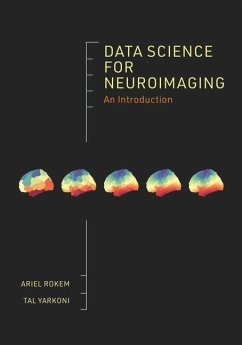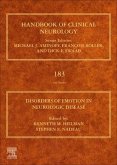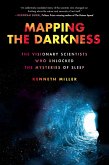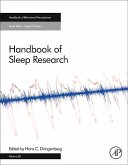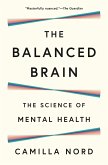"Like many other research fields, over the last two decades neuroscience has turned towards data-driven discovery, a change which has dramatically reshaped the field. Through large collaborative projects and concerted data collection and data sharing efforts, the field is gaining access to large and heterogeneous data sets, at scales that have never been possible before. While these data present tremendous opportunities, their effective management, storage, and analysis presents serious challenges for many researchers. The tools and techniques of data science - a field which draws on software engineering, statistics, and machine learning to increase the efficiency and reproducibility of data extraction and analysis - have much to offer neuroscientists, but unfortunately these concepts are not taught within the standard neuroscience curriculum. This book offers an introduction to contemporary data science and its application in neuroimaging research. Taking a "hands-on" approach, the book explains common methods and approaches in a reader-friendly style, and includes numerous applications to openly available neuroscience datasets, including extensive code examples in Python. In contrast to most other neuroimaging-focused books, which place heavy emphasis on the process of acquiring and statistically analyzing neuroimaging data, the focus of this book is on developing and managing scalable and reproducible data analysis pipelines, broadly relevant skills that will readily translate to students' own research questions. Throughout, there is an emphasis on best-practices in data sharing and reporting, including how to apply principles of fairness, accountability, and transparency in neuroscience applications"--
Hinweis: Dieser Artikel kann nur an eine deutsche Lieferadresse ausgeliefert werden.
Hinweis: Dieser Artikel kann nur an eine deutsche Lieferadresse ausgeliefert werden.

